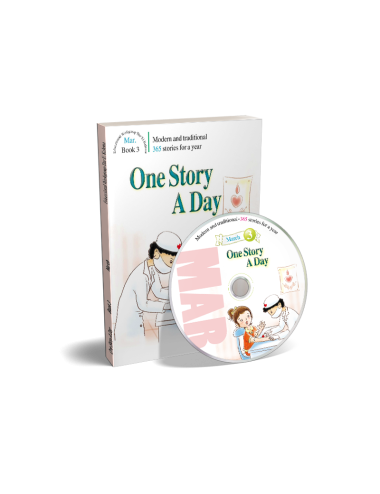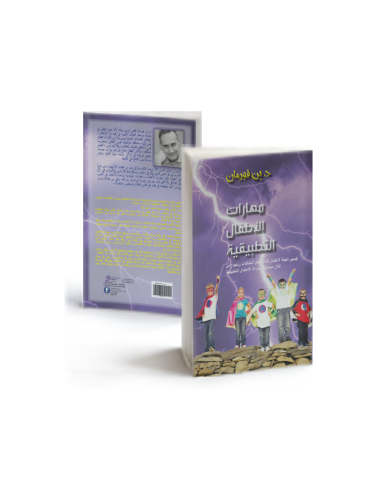A Way of Being
Carl Rogers was a stubborn warrior when he entered many battles - battles in the field of treatment of income with scientific medicine and psychiatry, who tried to prevent psychologists from treating patients..
Carl Rogers was a stubborn warrior when he entered many battles - battles in the field of treatment of income with scientific medicine and psychiatry, who tried to prevent psychologists from treating patients..
The Meaning of Persons, is a book classified as a book of Psychology of the personality. The author, doctor Paul Tourier, was a prolific writer, and the "Father" of some new paradigms in the medical field. Paul Tournier is a giant of medicine, psychology and the Christian faith.
The late Carl Rogers, founder of the humanistic psychology movement, revolutionized psychotherapy with his concept of client-centered therapy. His influence has spanned decades, but that influence has become so much a part of mainstream psychology that the ingenious nature of his work has almost been forgotten. Houghton Mifflin is delighted to introduce this preeminent psychologist to the next generation with a new edition of this landmark book.
This is the third book of One Story A Day series, which books are written and designed to develop a love for reading in children of 7 years and older.
The stories are based on everyday life, funny tales of friendship
and family, fables from around the world, and stories about nature,
science and history.
A CD of the stories is added to the book.
Kids'Skills is a revolutionary solution-focused method for helping children overcome all types of emotional and behavioral difficulties. The method has been developed in Finland by a team consisting of kindergartens teachers and psychotherapists. It is simple, child-friendly, easy to learn and fun to use. A perfect method for teachers, therapists, but also for parents to use at home. The author of the book, Dr. Ben Furman, is an internationally renowned psychiatrist who has been teaching Kids'Skills in many countries around the world.
This is the book 2 of One Story A Day, a series of twelve
books designed to develop a love of reading in children ages 6 and
up. Written by a team of Canadian writers, these books comprise
high-interest topics and motivational content that make children
excited about reading.
Girls are more than just sugar and spice. We’ve all figured that out. What we haven’t figured out completely is how they’re wired, why they do the things they do, how the world around them affects their choices and opinions, and what that means for youth ministry—until now. The book is designed to help each .................................
This is the fifth book of One Story A Day series, which books are written and designed to develop a love for reading in children of 7 years and older.
The stories are based on everyday life, funny tales of friendship
and family, fables from around the world, and stories about nature,
science and history.
A CD of the stories is added to the book.
Having clear boundaries is essential to a healthy, balanced lifestyle. A boundary is a personal property line that marks those things for which we are responsible. In other words, boundaries define who we are and who we are not. Boundaries impact all areas of our lives: Physical boundaries help us determine who may touch us and under what circumstances...
Draw the line . . . Used with its companion book, Boundaries, this workbook will provide practical, non-theoretical exercises that will help you set healthy boundaries with parents, spouses, children, friends, co-workers, and even yourself . . . by drawing on God's wisdom. Being a loving and unselfish Christian does not mean never telling anyone no...
This book is one of the few books and the ever-increasing, which explores a very important area: relationship of mutual and continuous interaction between religion and mental health.
As a parent of an autistic son, as well as the director of a pediatric neuro-developmental center, Dr. Sanders draws both on his personal experience and his clinical background to guide therapists in what to say to parents and how to say it.
Autism’s core symptoms surface as problems with social interaction, restrictive interests and abnormal language development, and they often appear quite differently in various children.











